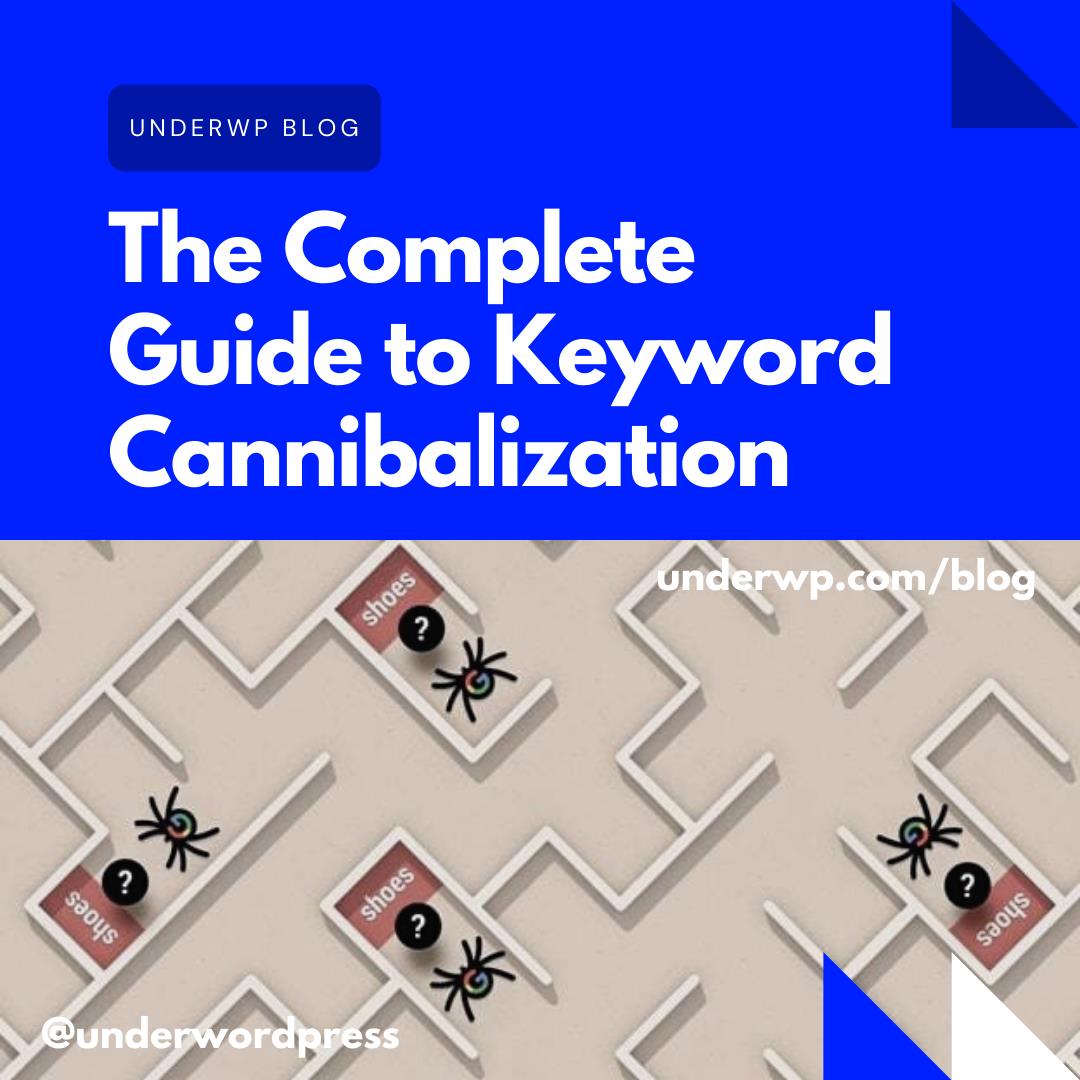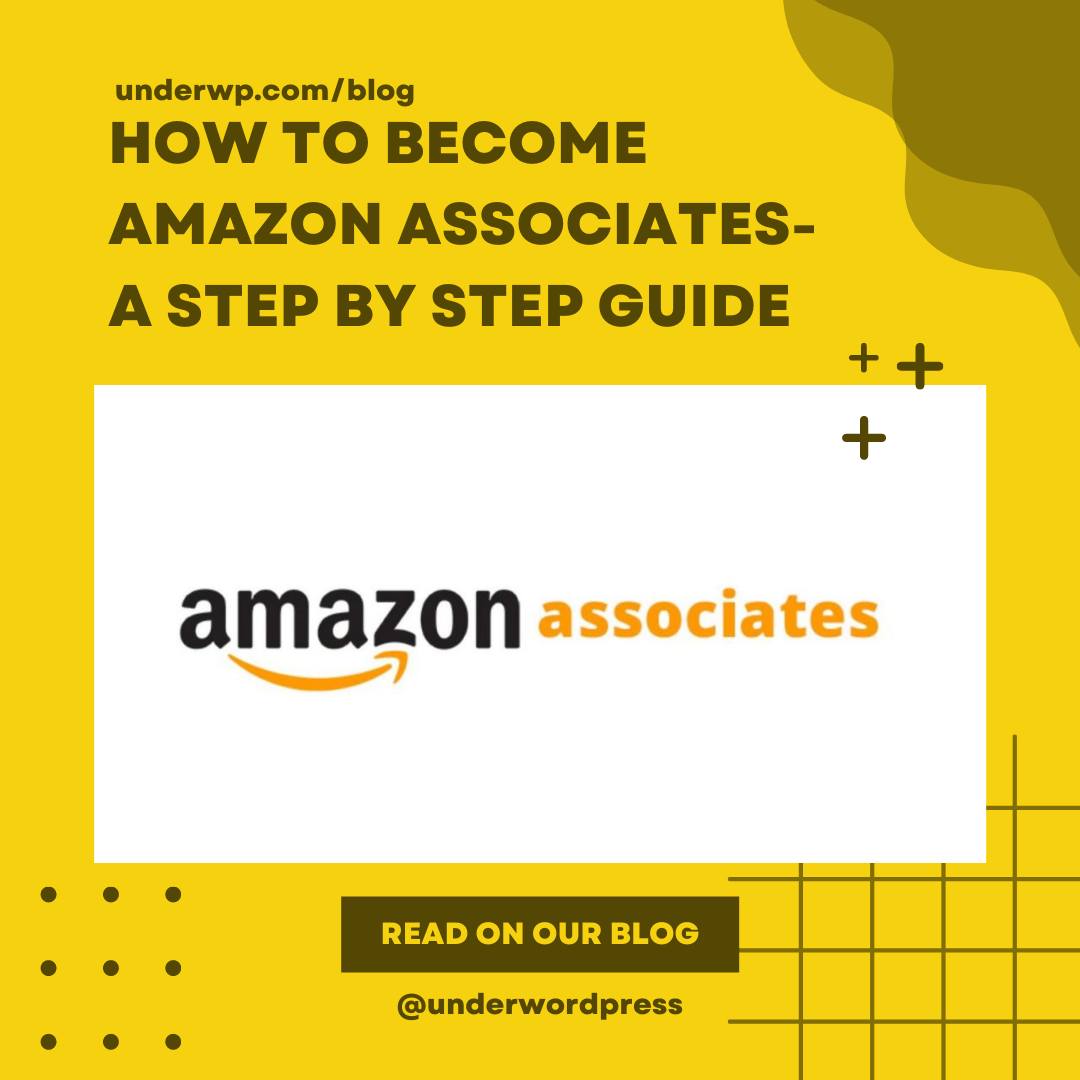Content marketing is the biggest asset for any company that aims to top in search engines. Properly optimized content with the right keywords is easily ranked by the search engines.
It's important to include keywords that are relevant and related to your business and strategically place them throughout your content in order to get the most out of them; however, you want to avoid using them all at once because this could lead to some significant problems like keyword cannibalization.
What is Keyword Cannibalization?
Keyword cannibalization is the process of adding the same keywords to each page or multiple pages on a site.
Keyword cannibalization is a common problem that content marketers face when they try to grow their site traffic and increase their keyword rankings. It happens when they add the same keywords across different pages and posts on their website.
We have an amazing page with the best free SEO tools that also have a list of keyword research tools.
The primary challenge of keyword cannibalization is that it can be difficult to determine which page should rank higher in SERPS if the keywords on each page are too similar.
What are the Negative Effects of Keyword Cannibalization?
Keyword cannibalization is a problem in which keywords are used too often. This creates problems with the optimization of the page, the relevance is lost and consumers are not able to find what they are looking for.
Keyword cannibalization can lead to an increase in low-quality content, poor user experience, and loss of conversion rates.
It also increases the difficulty in search engine optimization because if there are too many keywords it will be hard for Google to determine which terms are important.
Page Authority Reduction
The SEO industry has been debating about the future of page authority and how it will be affected by the use of keywords and phrases on multiple pages.
As we know, site-wide keywords and phrases are a great way to maintain good search engine rankings. However, there is a downside to this method: what happens when we use the same phrase or keyword on multiple pages? Google may index these pages as duplicates and reduce their page authority as a result!
Diminished effect of backlinks
If you target your page with similar anchors in your backlinks, then keyword cannibalization on the target page will decrease the effect of backlinks. Because Google algorithms will be confused to decide which keyword should they rank the page for.
This in the long term will affect the SEO rankings of the website.
Improper Rankings
Keywords are the important source of information for Google bots. If a page has multiple SEO keywords, then it might not show the correct page that is supposed to rank for the keyword.
If a landing page has to be ranked for a keyword but due to keyword cannibalization Google can rank other pages of your website. This will also decrease the CTR for the landing pages.
How to avoid seo keyword cannibalization?
There are many different ways to avoid SEO keyword cannibalization, such as not including any keywords in the title and description of the page. Another way is to use the same keyword again but in a different form or context. You can also try using synonyms or related words of the original word you want to target.
This section will go over how to avoid SEO keyword cannibalization and offer some tips for new content creators who might be struggling with this problem.
Create Each Page With One Target SEO Keyword
It is important to create a website that has a keyword for each page. If you do not, then the traffic you get will be only from the homepage.
Don't forget to optimize your content on search engines by including keywords in your title, headings and body content.
Putting lots of keywords on one page leads to the keyword cannibalization problem which we are talking about here.
Use Other Related Keywords For Other Pages
Creating as much content as you can is good for SEO. Write about related topics and keywords on other blog posts or pages of your website.
Then connect these other pages to the main keyword page created in the above step. Use the anchors as the main keyword in internal linking.
This kind of internal linking is helpful in SEO and increases website authority too.
Link Building Off Page SEO
Building links for a website is the most important part of SEO. Higher the quality of links, better the rankings of your website.
Build off-page links for your main keyword page with the target keyword or its semantics.
Also building links for other related keyword pages is also a good SEO practice that can help in rankings.
How To Fix Keyword Cannibalisation?
Keyword cannibalisation is a problem where a website has too many keywords or phrases on the same page, which leads to a drop in rankings.
There are solutions to fix keyword cannibalisation, such as using sub-headings or adding content with different keyword phrases.
Proper Content Structure
Adding sub-headings will create a more natural flow to the page and content for search engine crawlers. Those sub-headings can be used as good topics for articles, blog posts, landing pages and so on.
If you have content similar on different pages, using a 301 redirect is always helpful. This will preserve the authority of the main page intact.
Canonical Tags
The canonical tag is a part of good SEO practices.
Every website needs a canonical tag to improve the website's search engine ranking. The metatag sends a message to the search engines and tells them what page is the original and which pages should be ignored. This improves the website's rank and helps it show up in more organic searches.
Combine Pages
If you got pages targetting the same keyword, then it is a good choice to combine these pages into one. This way it will be easy to read for the website visitors also.
Search engine crawlers will then easily rank your page for the target keyword. This will improve the page authority too.
Combining the same keywords content in one post or page also helps prevent duplicate content issues with Google.
Possible Usage of Keyword Cannibalization
Keyword cannibalization is a grey area topic. It is not strictly punished by Google. It is something that is not recommended by SEO experts.
There are a few scenarios where keyword cannibalization cannot be avoided and is still ranked in good places by Google and other search engines.
- E-commerce websites: with the rise of eCommerce, people are spending more time browsing through various websites to find the perfect product. This leads to a lot of content generation. The possibility of keyword cannibalization is highly possible for Ecommerce websites.
There will be products or items that will be similar to each with minor differences. Both the products can be targeted with the same keyword or category. This can also be seen as category cannibalization.
Google will then use its user-intent algorithm to find the best product for the searcher based on his/her intention of the search. In a scenario like this, keyword cannibalization cannot be avoided and is still ranked by search engines.
- News Websites: The pace of world events is faster than ever. News sites are scrambling to keep up. The internet is now the primary source of news for many people, but catching breaking news can be difficult with the sea of information available on social media platforms and blogs.
I have seen so many news websites that have similar content around the same keyword. Their data is so huge that sometimes they are not able to track the keywords effectively.
You can see multiple pages for the same keyword on the same news website. The dates of the news might vary but the content might be very similar. Example:
As you can see in the above example from The Guardian website. These two pages target the same keyword but with different intent. Google ranks both of them but for different user-intents. An example from which we all can learn something about Google's user intent algorithms.
And there are many other use cases where the websites will target the same keyword which leads to keyword cannibalization. But they are able to rank well on Google because of two main reasons.
- EAT factor
- User Intent
If you are an established brand online, then I suggest you should use keyword cannibalization to target different user intents. It is an opportunity that is less utilized by authority websites. A hidden trick I say.
Final Words
Some of the most common reasons for keyword cannibalisation are people using the same keyword over and over again, using synonyms, and not optimizing their content for anyone keyword.
One way to fix this issue is to carry out good keyword research and figure out which keywords would be best for your page. You can then optimize your content by including those keywords in the title, headings, subheadings, links and meta tags.
Keyword cannibalisation is a problem that many companies face as they try to rank for different keywords on Google. So make sure your content writing team has knowledge about this problem and avoid it while generating content.



